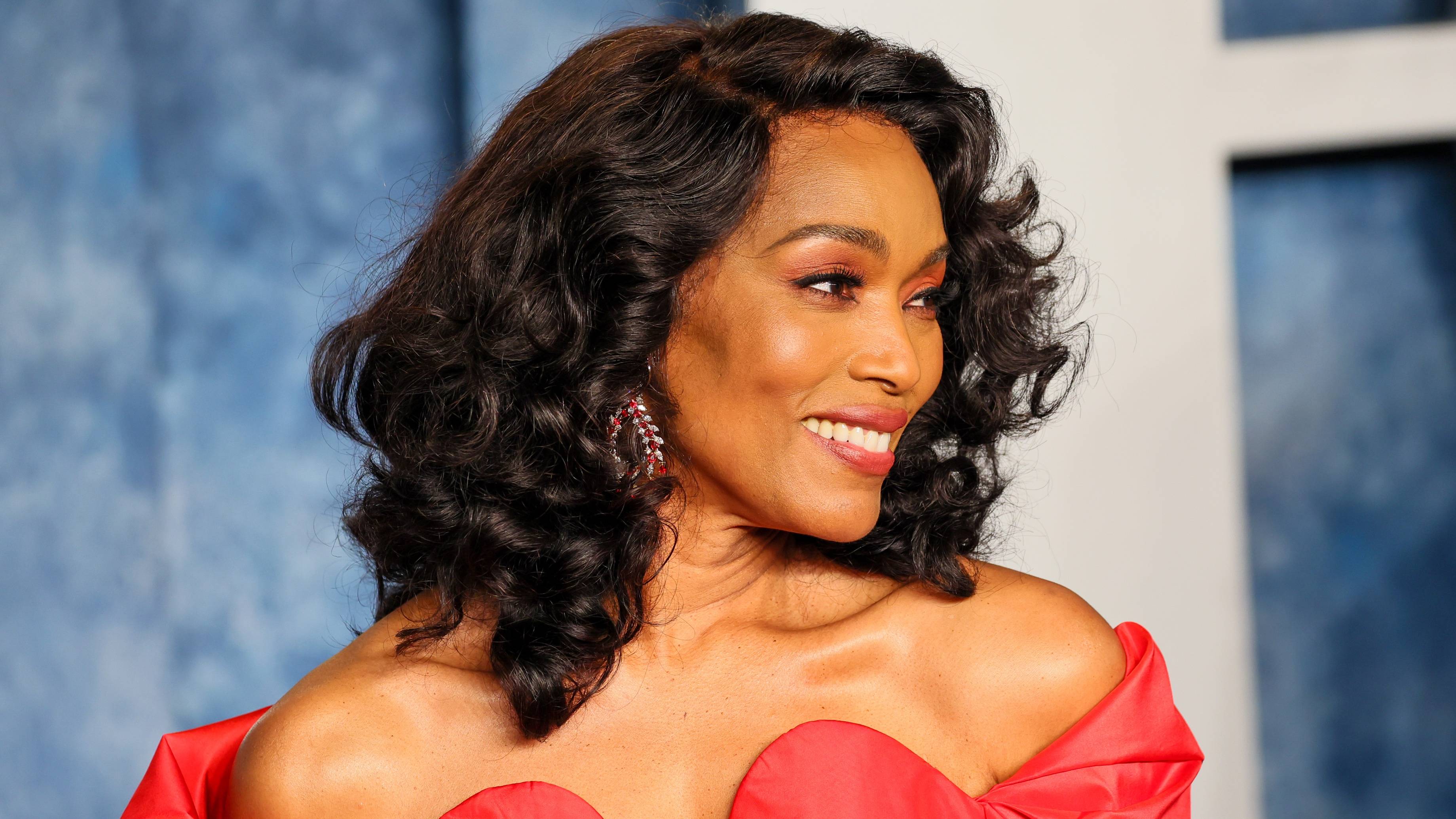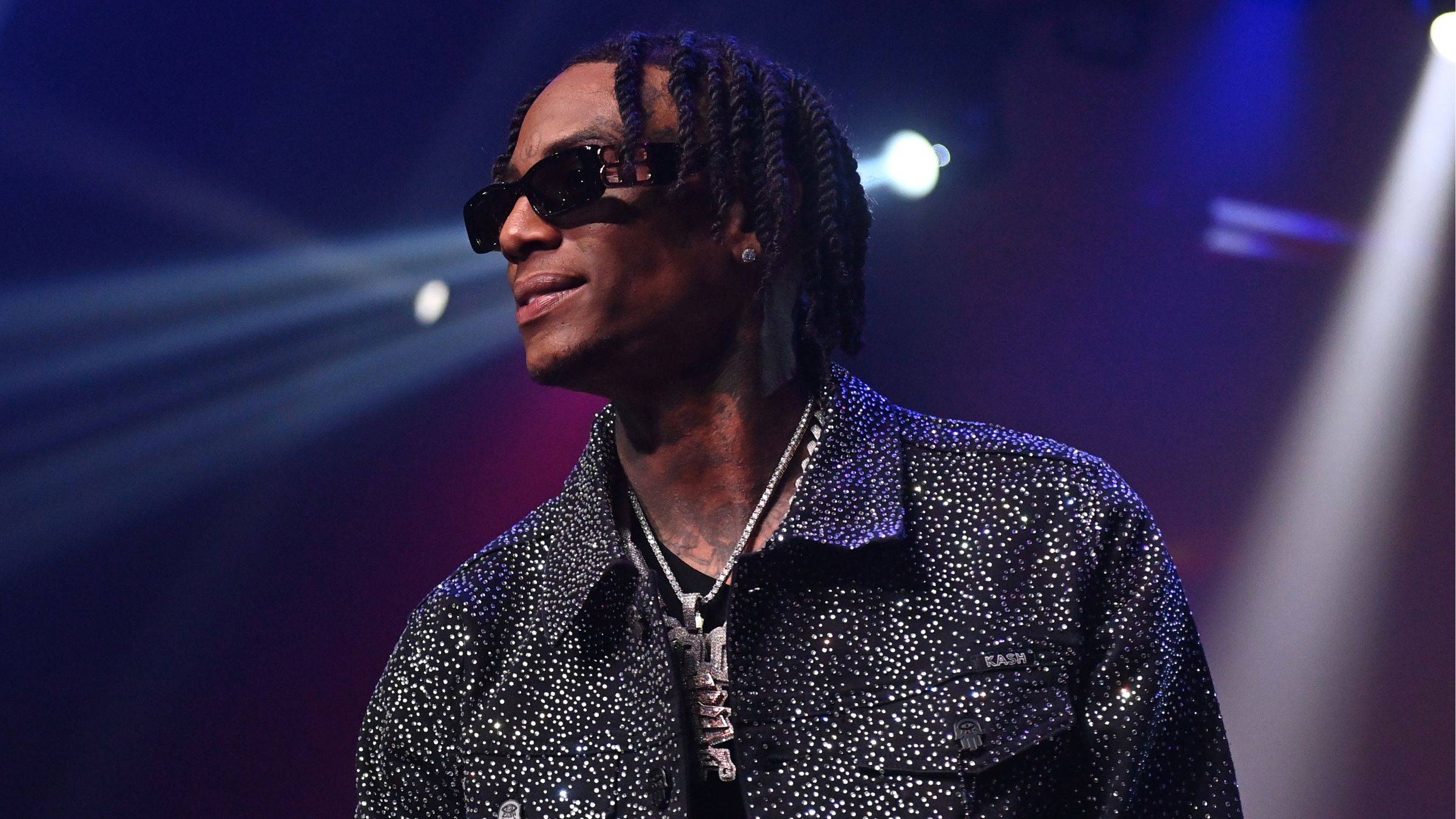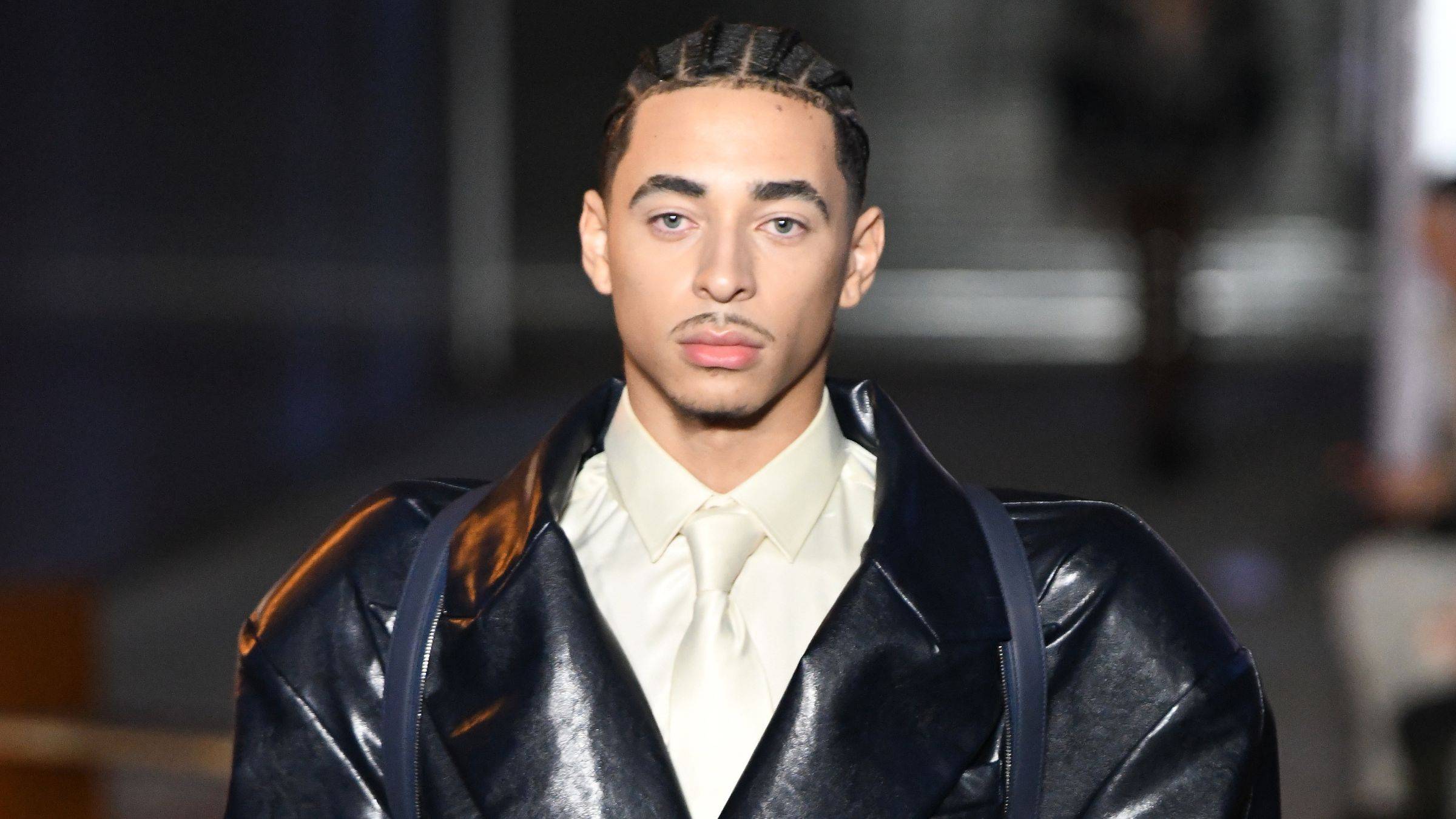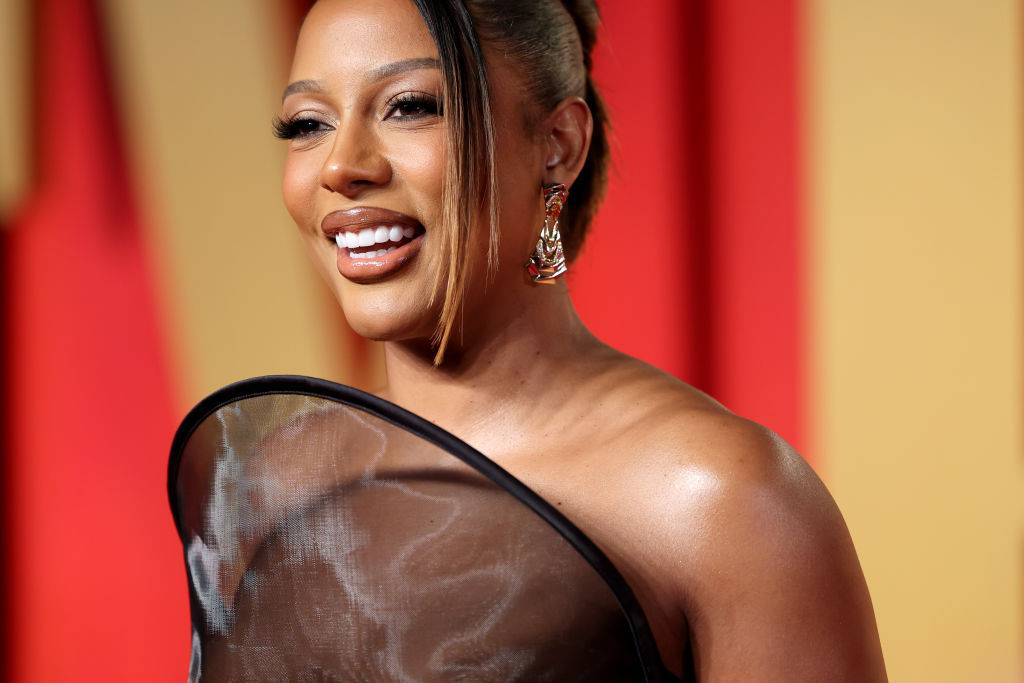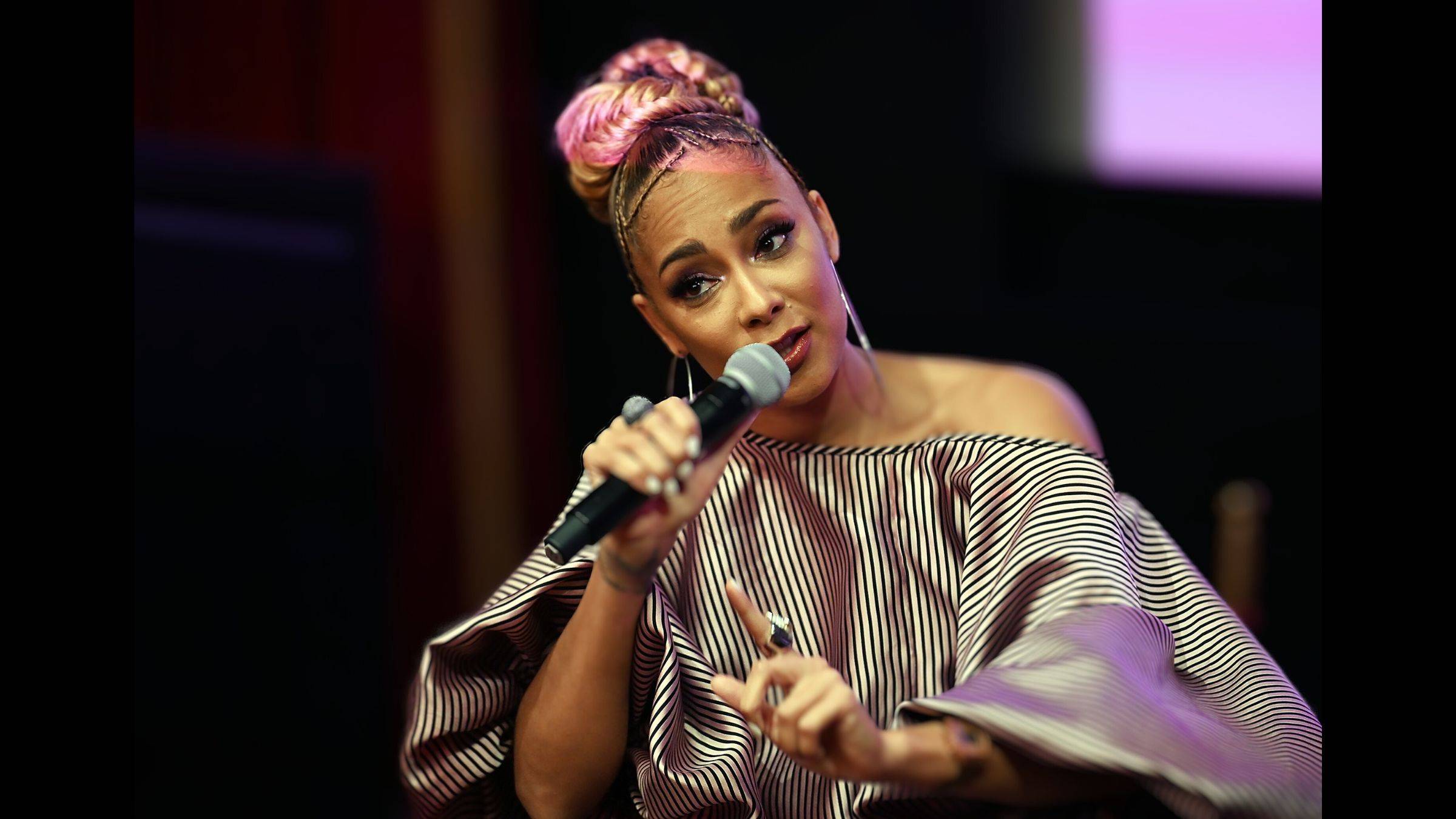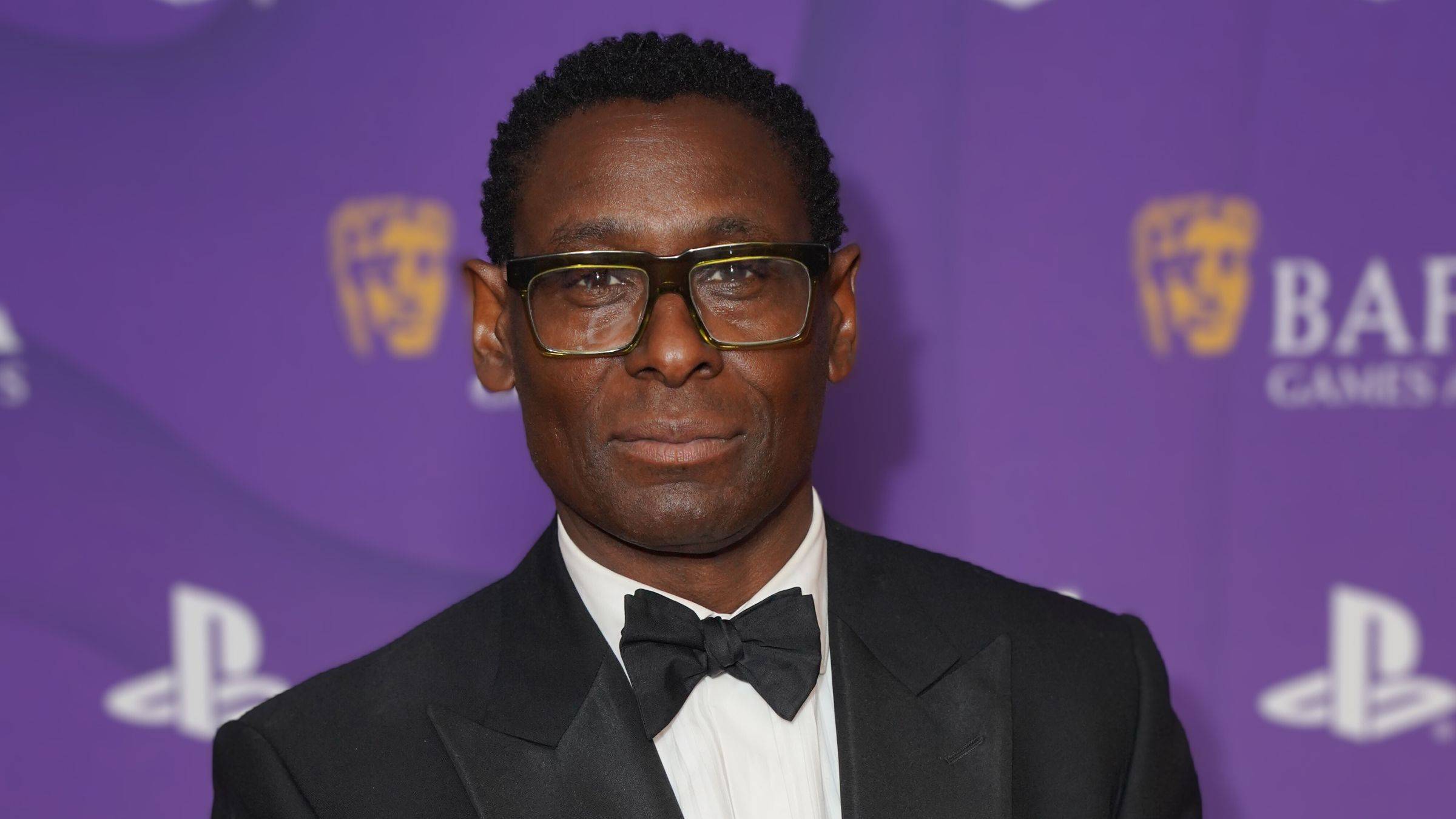Why Hip-Hop Went Big For Keaton Jones And Virtually Silent For Ashawnty Davis
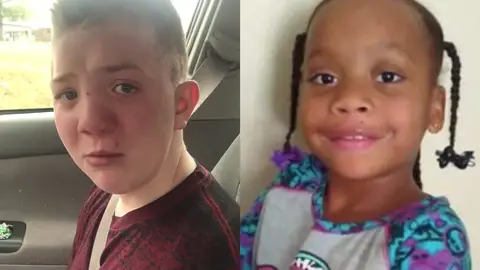
At first glance, the emotional Facebook video of Keaton Jones, the young boy reportedly bullied by his Maynardville, Tennessee, classmates, was a heart-tugging production straight off the Hollywood assembly line. “They make fun of my nose…they call me ugly…they say I have no friends,” the teary-eyed 10-year-old said in the clip posted by his mother, Kimberly Jones, on Friday (Dec. 8). “Why do they bully? What’s the point of it?”
More than 20 million views later, the clip became a viral phenomenon, as a seemingly endless array of celebrities and professional athletes were quick to offer their public support, coming to the defense of young Keaton. Captain America himself (Chris Evans) gave the middle schooler tickets to the Los Angeles premiere of next year’s Avengers: Infinity War. Tennessee Titans’ tight end Delanie Walker invited Keaton and his family to the NFL team’s New Year’s Eve face off against the Jacksonville Jaguars. Pop behemoth Justin Bieber, Stranger Things’ Millie Bobby Brown, Star Wars icon Mark Hamill, NBA giant LeBron James and freshly retired NASCAR legend Dale Earnhardt Jr. also joined in with words of encouragement.
But it was the conspicuous support from the predominantly African-American hip-hop and R&B communities that added another layer to the twisting Keaton Jones story, which soon went off the rails after accusations of racism engulfed the organic, feel-good, anti-bullying campaign. Screenshots reportedly from Keaton’s mother's Facebook account of the family posing with Confederate flags hit social media just hours after some of the biggest names in rap had already taken up Keaton’s cause. None of this was supposed to be in the script.
“Just know that you are great!!! Your differences make you the s**t!!!,” wrote Southern rap royalty T.I. to Keaton before the controversial revelations were made public. He was joined by the likes of Snoop Dogg, Rihanna, Cardi B, Funkmaster Flex, Trae Tha Truth and Chris Brown, who all offered kind words of encouragement for the boy.
And therein lies the sobering reality of it all: Even the hip-hop community is not immune to the lack of societal value placed on Black lives.
At the same time that some of rap’s biggest names were quick to carry the baton for Keaton, who is among the 3.2 million young students bullied every year in the U.S. according to DoSomething.org, the story of 10-year-old Black girl Ashawnty Davis — a Colorado native who committed suicide after being bullied this past November — went virtually unnoticed by the usual suspects. There were no viral videos for the fifth-grader from Sunrise Elementary School in Aurora, Colorado. There were very few hip-hop shoutouts at the time of her death.
If you are Black and living in Donald Trump’s America, the easiest thing to do is to rally against a polarizing, racist, sexist figure whose very presence demeans the office on any given day. Indeed, the aforementioned Snoop and T.I., along with such hip-hop standouts as Jay-Z, Kendrick Lamar, YG and Nipsey Hustle and Rapsody have all passionately come out against 45 via various outlets. But because stories like Ashawnty’s’ rarely hit the mainstream, the celebrity world, of which the rap contingent is a part of, often times remains silent.
But the irony of hip-hop artists pandering to white interests goes beyond the Keaton tale. Rappers like Travis Scott and Rich Homie Quan have frequently given their white fans a pass to say the N-word while listening to their music. Hip-hop looks to the white-dominated Grammy Awards for approval (which, for the first time in its six-decade history, has allowed its prestigious Album of the Year category to feature nearly all black nominees) and lashes out at voters when they are not included. Some rappers have proclaimed “All Lives Matter” (A$AP Rocky, Ab-Soul and Fetty Wap) and then there are the superstar lyricists who routinely skip over Black media outlets, often times granting exclusive sit-downs to white publications and sites.
Which is why it’s an eye-rolling exercise when the “woke” brigade publicly pushes for, say, the “basic” queen of pop ubiquity Taylor Swift or the latest culture vulture rap hero Post Malone to take up the cause of Black kids like Ashawnty, when some in the hip-hop community are too busy writing puzzlingly disparaging lyrics about civil rights icons. This is a world in which the innocence of deceased young black children like 12-year-old Tamir Rice, who was shot and killed by a police officer on November 22, 2014 when he was playing with his toy gun in the park, is all but dismissed. And yet hip-hop, which in the past has been a powerful platform for social commentary, can still make its voice heard.
The Ashawntys of the world deserve as much. Actually, they deserve better. Hip-hop, are you listening?
